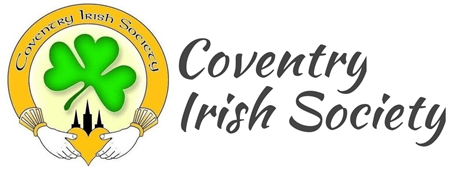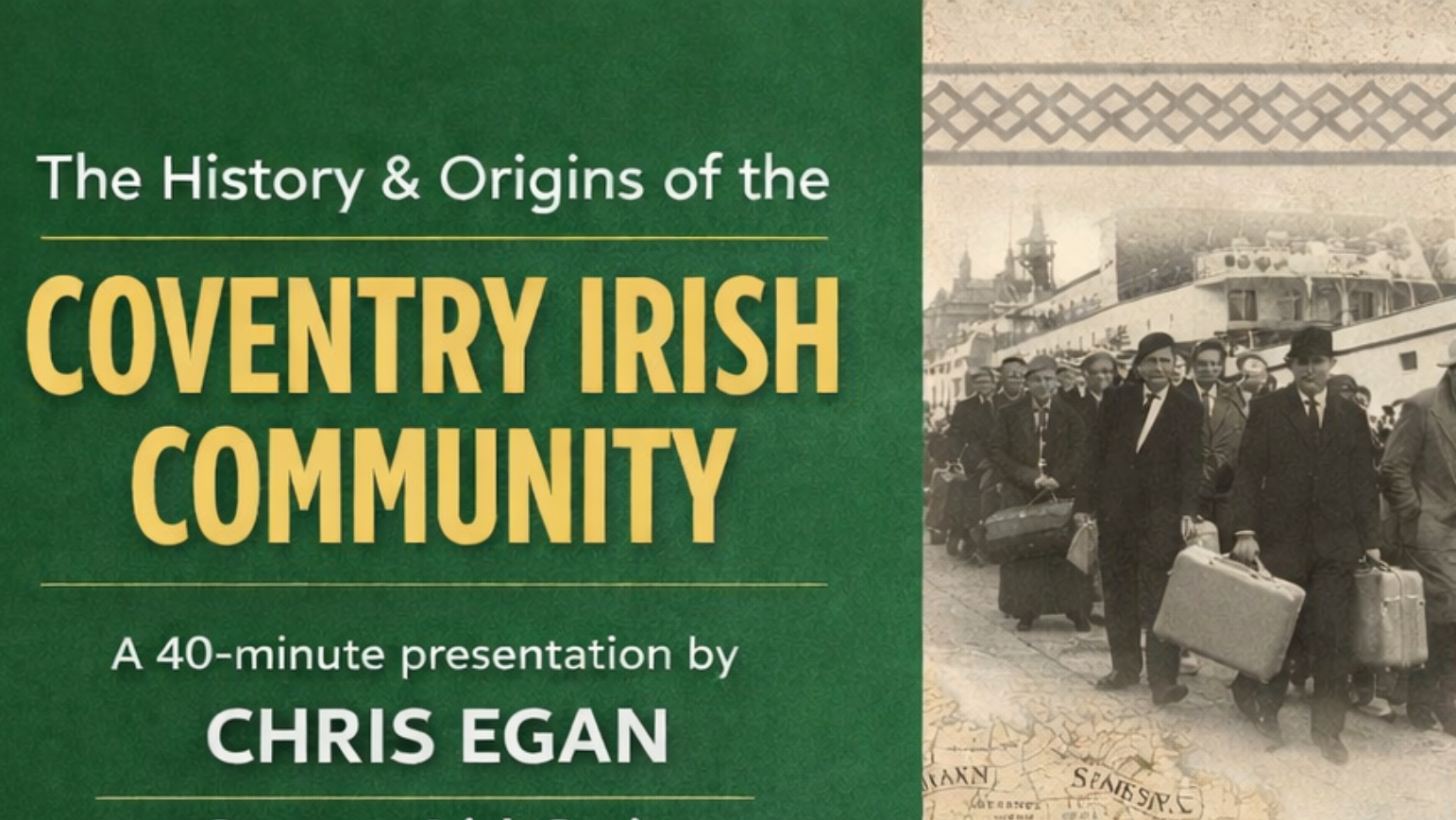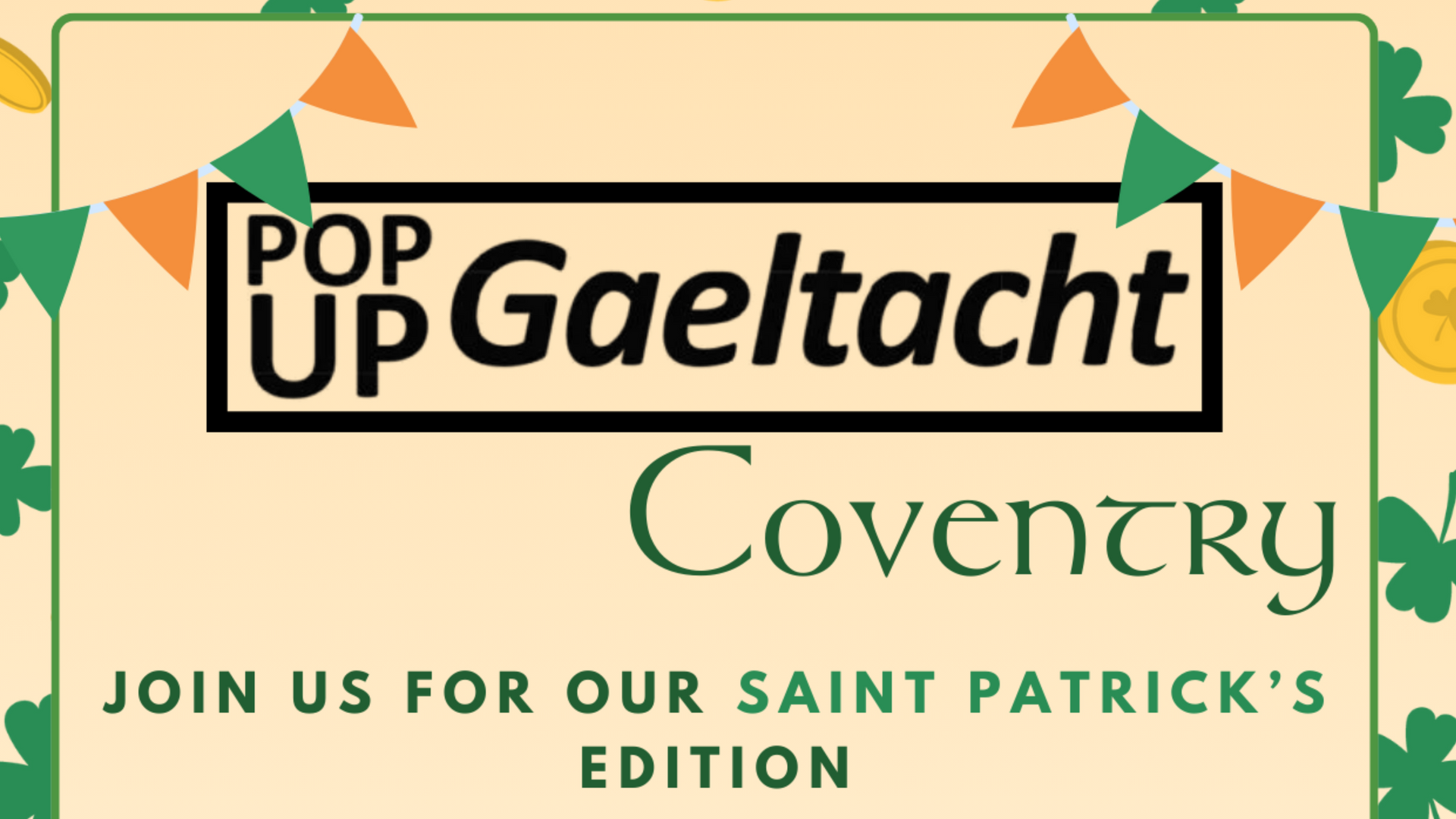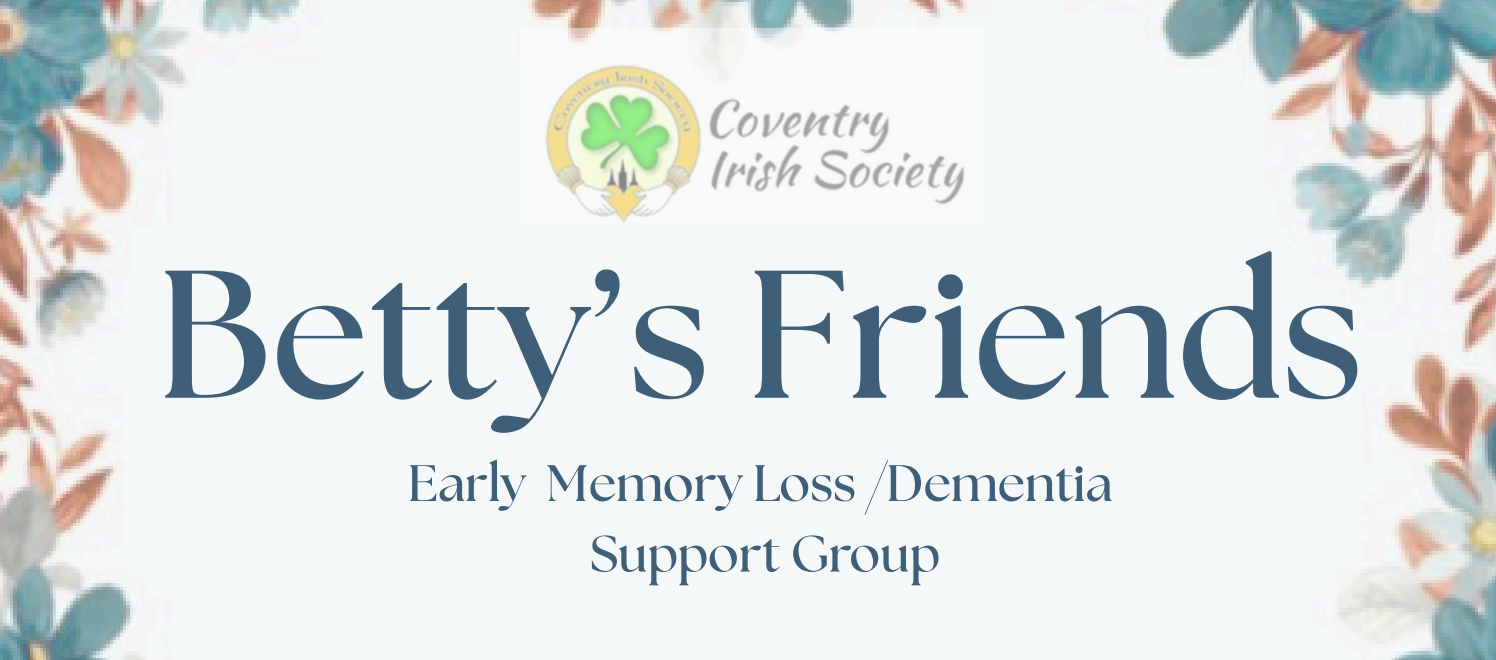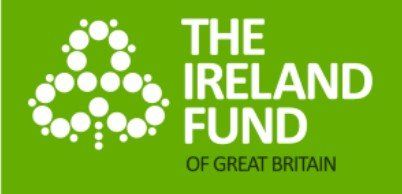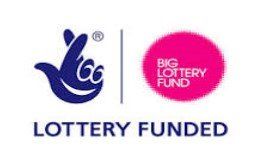Support for Irish communities in Coventry and surrounding areas
Our organisation has gradually evolved to provide a wide range of health and welfare services, as well as a variety of cultural and heritage projects, including the annual St. Patrick's Day Festival.
Coventry Irish Society Launches New Films
Coventry Irish Society is pleased to announce the publication of 2 new promotional films about the Charity’s work with the aim of securing a permanent Irish Heritage Centre.
Set up in 1993, the Coventry Irish Society provides a range of services to all generations of the Irish
community in Coventry and the surrounding areas.
We have a long tradition of helping the most vulnerable members of the Irish Community in Coventry,
and our aim is to provide a culturally sensitive service that gets the necessary help, support
and advice to as many Irish people as possible.
News and Events
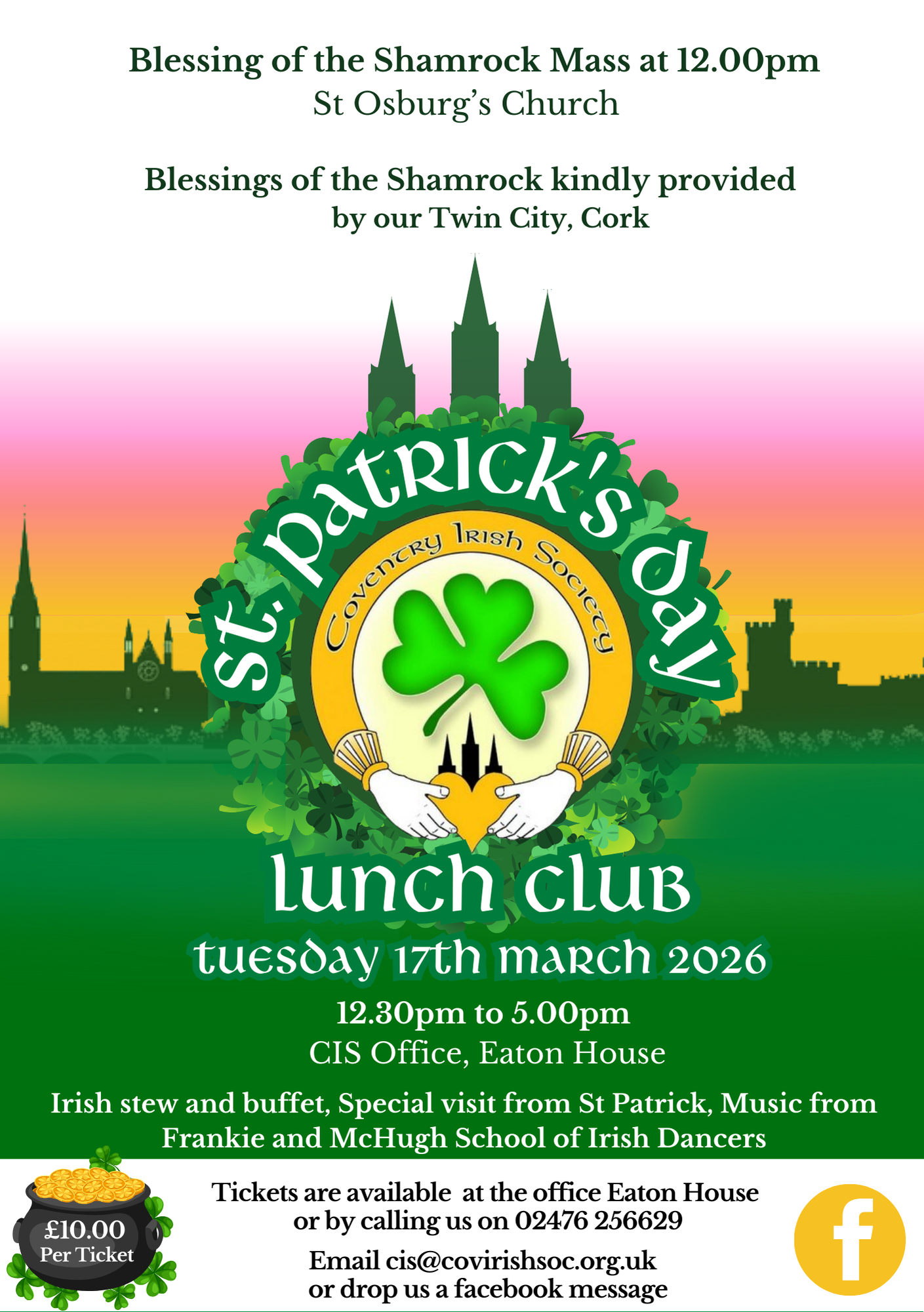
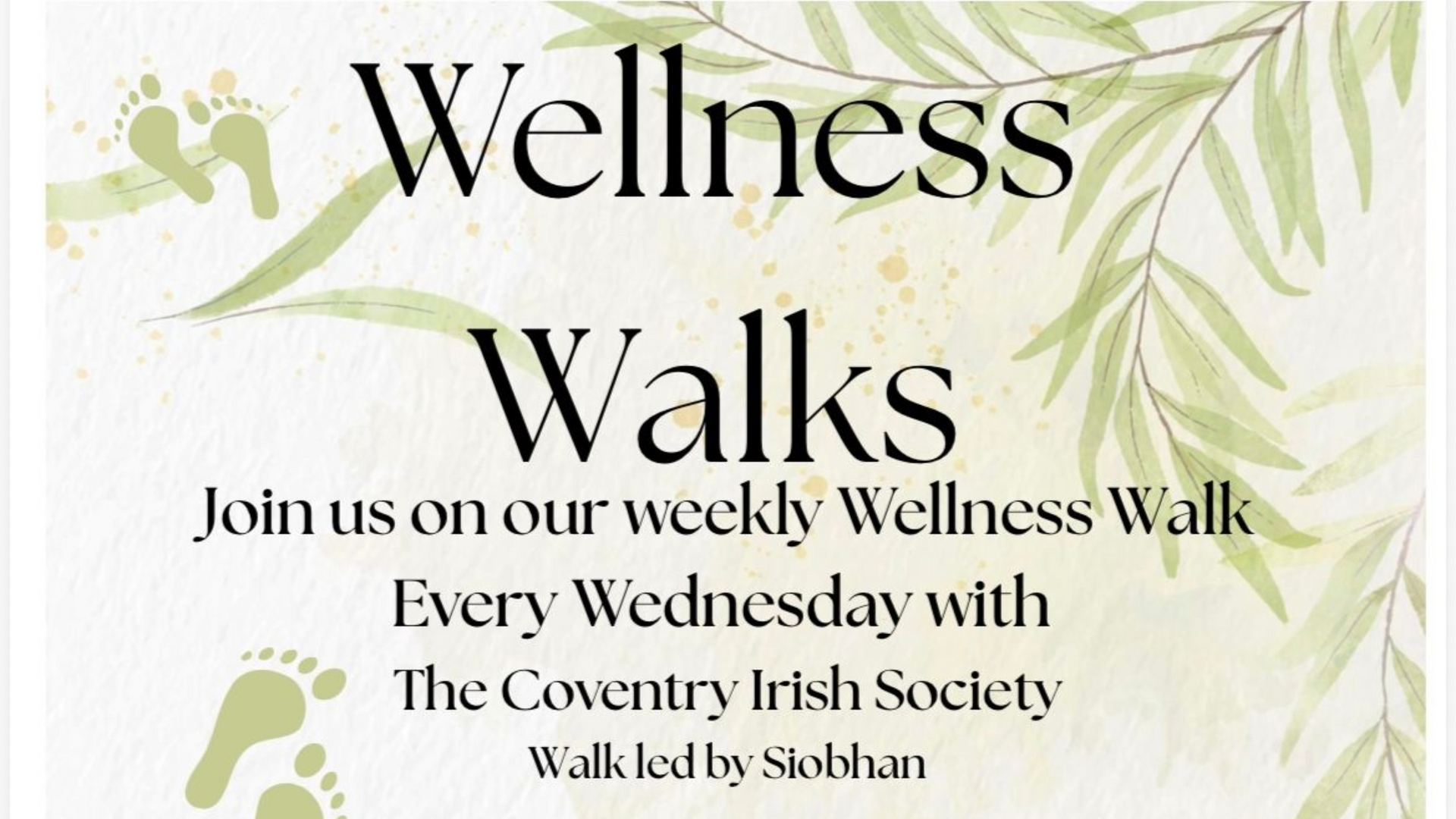
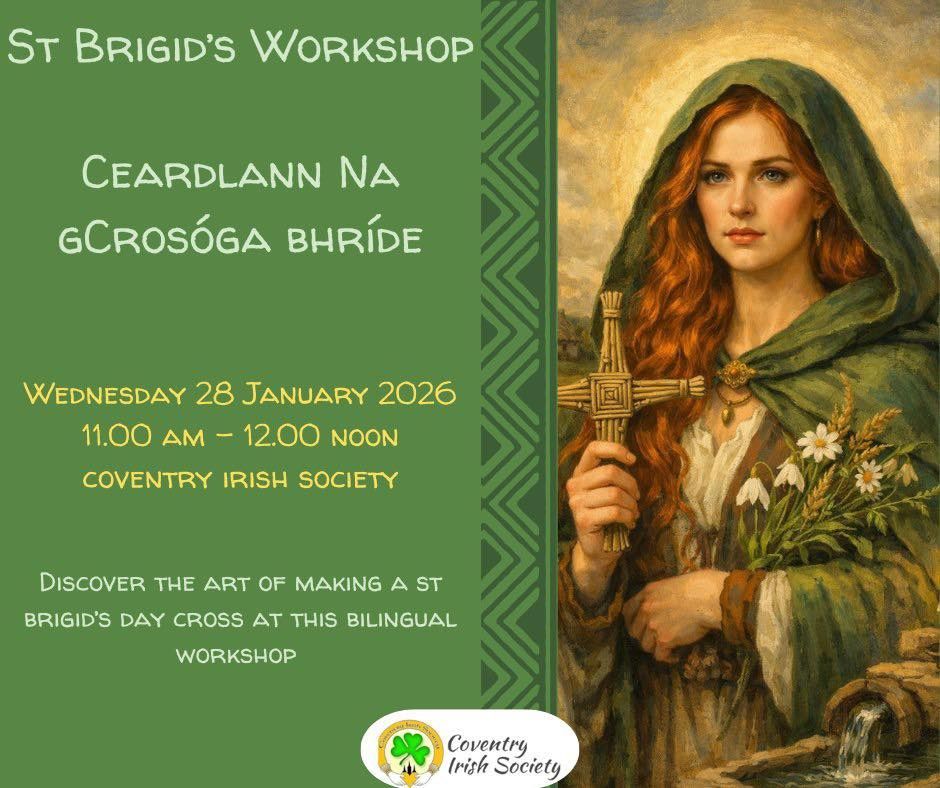
DISCOVER
Weekly Events
We supported 1,500+ people in 2021-22
1,088
People availed of our day to day advice and support services
86
People received in depth caseworker support involving complex cases
54
People have attended a weekly Befriending Support Group
110
Irish elders attended bi-monthly Lunch Clubs for friendship and support
54
Irish Survivors attended quarterly Lunch Clubs for friendship and support
200
People had attended the Coventry Irish Society St Patrick’s Day event
Some of our core services
Health Project
Our Health workers arrange a number of basic health outreach surgeries in Coventry to reach those people less likely to go to their GP's.
Irish Survivors
This is a new full time specialist advice information and support service for Irish survivors, including those survivors that were residents in the controversial Irish Mother and Baby Home Institutions.
Welfare Advice & Support
At Coventry Irish Society we offer a reliable, friendly, supportive service to all of our clients. Our experienced welfare advisor offers confidential advice and information on many different welfare issues.
Passports & Citizenship
The service supports first generation Irish people who were born in Ireland, second generation with one or both parents born in Ireland, and third generation who have grandparents who were born in Ireland.
Join our volunteer community
Coventry Irish Society, like many charities, relies on the invaluable input of volunteers in delivering our work programmes. But we also seek to ensure that their experience is both fulfilling and rewarding.

